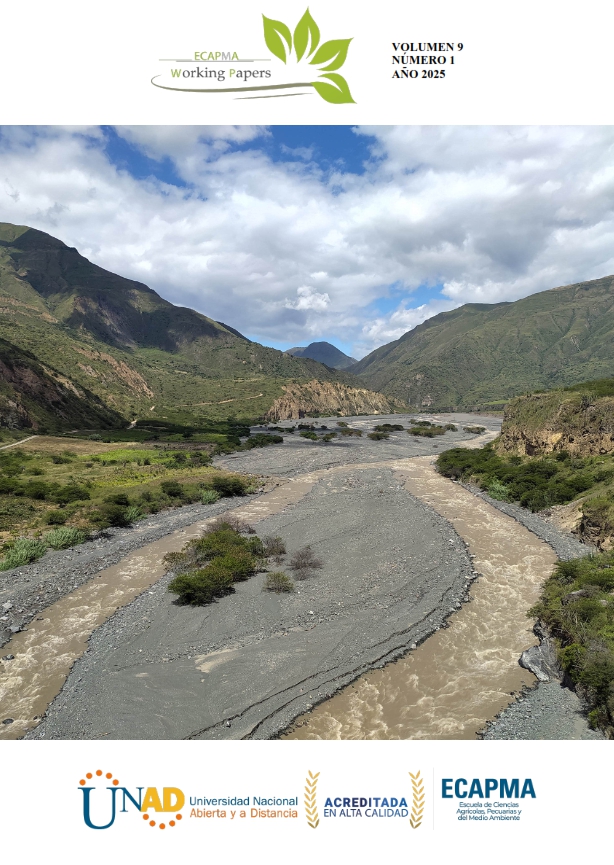Promoting environmental responsibility with the integration of ecopedagogy in the Unadista curriculum
Contextualization: Currently, the environmental problem worsens day by day due to the primary behavior of human beings; the damages and consequences of the poor environmental state are becoming more disastrous (Binder, 2002). Due to this problem, there has been an interest in acting, an example of which was seen in Yokohama, Japan, a country that led the global initiative to transform the formal and non-formal educational system to enable sustainable environmental awareness (Molina, 2016). This document highlights the relevance of including ecopedagogy in the university curriculum. Currently, the widespread recognition of environmental conditions and problems is due to the collaboration of organizations and global personalities who join efforts to preserve the planet. In this context, education plays a crucial role in defining approaches, ways, and alternatives to address environmental issues.
Knowledge gap: Within this context, ecological education, also known as ecopedagogy, becomes important as one of the essential foundations for building a sustainable social culture (Delgado, 2005). The review addresses the existing gap in effectively integrating ecopedagogy into the university curriculum. Although there is growing recognition of environmental problems and the importance of education in this area, there has not been sufficient exploration of how to incorporate ecopedagogical principles comprehensively and effectively into university-level academic training.
Purpose: This review's main objective is to generate a perspective on the relevance of incorporating ecopedagogy into the university curriculum. This inclusion is seen as a fundamental component in building a society committed to environmental preservation.
Methodology: This document is based on a qualitative and documentary approach because “The qualitative approach is guided by significant areas or themes of research. However, instead of the quality of the research questions and hypotheses preceding data collection and analysis, qualitative studies can develop hypotheses questions before, during, or after data collection and analysis. (Hernández, 2006) Often, these activities serve first to discover the most important research questions and then to refine and answer them. The inquiry action moves dynamically in both directions: between facts and their interpretation, resulting in a “circular” process where the sequence is not always the same, as it varies with each study.” (Hernández, 2006)
Results and conclusions: We could conclude by relating that ecopedagogy considers that in initial teacher training models, it is necessary to include the cultivation of personal inner growth and the creative awakening of the teacher, generating a co-learning process with the student. Education is not seen as the implementation of a predetermined package of methods and materials. There must be a genuinely democratic education to enhance citizens' substantive participation in community and planetary life (Fernández, n.d.). Ecopedagogy, as emphasized by (Hargreaves, 2003), proposes the need for educational change from two interrelated parameters: expansion and deepening. The former means extending change beyond the school, towards the community, bringing it into the school to fight alongside it if the goal is to achieve better results and significant actions within it. Schools can no longer be isolated centers within their communities.





